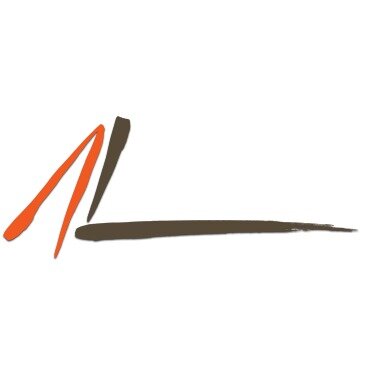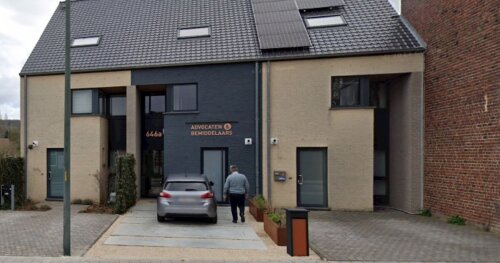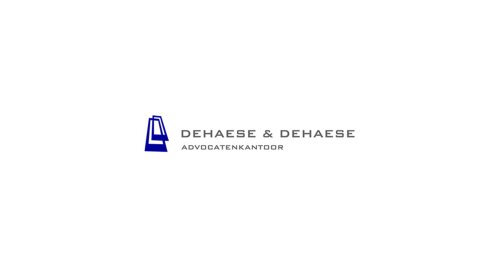Best Adoption Lawyers in Belgium
Share your needs with us, get contacted by law firms.
Free. Takes 2 min.
Free Guide to Hiring a Family Lawyer
Or refine your search by selecting a city:
List of the best lawyers in Belgium
About Adoption Law in Belgium
Adoption in Belgium is a legal process where a person becomes the legal parent of a child who is not their biological offspring. This process confers all parental rights and responsibilities to the adoptive parent(s) and severs the legal relationship between the child and their biological parents. There are two types of adoption commonly recognized in Belgium: simple adoption (adoption simple) and full adoption (adoption plénière). Simple adoption maintains some legal ties to the biological family, while full adoption completely sever these ties.
Why You May Need a Lawyer
Adoption can be a complex legal process, and there are several situations in which legal advice might be necessary:
- Navigating the Legal Requirements: Understanding the extensive paperwork and fulfilling the criteria necessary to adopt can be overwhelming without legal guidance.
- Intercountry Adoption: When adopting a child from another country, additional international laws and treaties must be considered, which requires expert legal advice.
- Disputes or Challenges: In cases where adoption is contested or there are disagreements about the fulfillment of legal criteria, a lawyer can help mediate and represent your interests.
- Understanding Implications: Someone considering adoption may need legal advice on the implications, such as inheritance rights and changes to family status.
Local Laws Overview
In Belgium, adoption is primarily governed by the Civil Code, which dictates the procedures and conditions appropriate for adoption. Some key aspects include:
- Adoption Applications: Prospective adoptive parents must submit an application to the competent local court and participate in a preparatory course.
- Eligibility Criteria: Applicants must meet specific age requirements and must not have any criminal history that would impede their ability to care for a child.
- Parental Consent: The consent of the biological parents is generally required unless the court decides it is not in the child's best interests.
- Child's Welfare: Belgian adoption law focuses heavily on the welfare and rights of the child, ensuring that the adoption is in their best interest.
Frequently Asked Questions
What are the age requirements for adoptive parents in Belgium?
The adoptive parent must be at least 25 years old and there must be an age difference of at least 15 years between the adoptive parent and the child.
Can single individuals adopt in Belgium?
Yes, singles can adopt in Belgium, provided they meet the required criteria and the adoption is deemed in the child's best interest.
Is international adoption allowed in Belgium?
Yes, intercountry adoption is permitted. However, it is more complex due to additional international legal considerations and must be processed through accredited adoption agencies.
What is the difference between simple and full adoption?
Simple adoption allows some legal ties with the biological family to remain, while full adoption severs all existing legal ties, effectively making the child a full member of the adoptive family.
How long does the adoption process take?
The duration varies due to factors like court processing times, the need for home studies, and whether the adoption is local or international, but it typically takes from several months to a couple of years.
Does the child need to consent to the adoption?
If the child is over 12 years of age, their consent is legally required for the adoption to proceed.
What happens if the biological parents do not consent?
In some cases, the court can waive parental consent if it is determined that consent is not in the best interest of the child.
Are there post-adoption support services available?
Yes, several organizations and governmental resources provide support to adoptive families post-adoption to assist with integration and any legal or emotional challenges.
Can adoption decisions be contested?
Yes, within a specific legal timeframe, adoption decisions can be contested in court under certain circumstances.
What are the costs associated with adoption in Belgium?
Costs can vary widely depending on whether the adoption process is domestic or international and may include agency fees, legal fees, and other administrative costs.
Additional Resources
Here are some resources and organizations that may provide valuable assistance:
- Flemish Adoption Centre (VCA): Provides guidance and support for adoption cases in Flanders.
- Adopties en Pleegzorg Wallonie-Bruxelles (AP&F): The adoption service for the Wallonia-Brussels region.
- The Hague Conference on Private International Law: For guidance on intercountry adoptions according to internationally recognized frameworks.
- Kind en Gezin: A government agency offering resources and support for child welfare and families in Flanders.
Next Steps
If you require legal assistance for adoption proceedings, consider taking the following steps:
- Research and contact specialized adoption lawyers to guide you through the process.
- Contact relevant adoption organizations for preliminary advice and resources.
- Gather necessary documents and information to assist lawyers in evaluating your eligibility and readiness for adoption.
- Consider joining support groups for adoptive parents to gain insights from others who have gone through the process.
Seeking qualified legal advice and guidance is crucial to navigating the adoption process successfully and ensuring the best interests of the child are served.
Lawzana helps you find the best lawyers and law firms in Belgium through a curated and pre-screened list of qualified legal professionals. Our platform offers rankings and detailed profiles of attorneys and law firms, allowing you to compare based on practice areas, including Adoption, experience, and client feedback.
Each profile includes a description of the firm's areas of practice, client reviews, team members and partners, year of establishment, spoken languages, office locations, contact information, social media presence, and any published articles or resources. Most firms on our platform speak English and are experienced in both local and international legal matters.
Get a quote from top-rated law firms in Belgium — quickly, securely, and without unnecessary hassle.
Disclaimer:
The information provided on this page is for general informational purposes only and does not constitute legal advice. While we strive to ensure the accuracy and relevance of the content, legal information may change over time, and interpretations of the law can vary. You should always consult with a qualified legal professional for advice specific to your situation.
We disclaim all liability for actions taken or not taken based on the content of this page. If you believe any information is incorrect or outdated, please contact us, and we will review and update it where appropriate.
Browse adoption law firms by city in Belgium
Refine your search by selecting a city.














